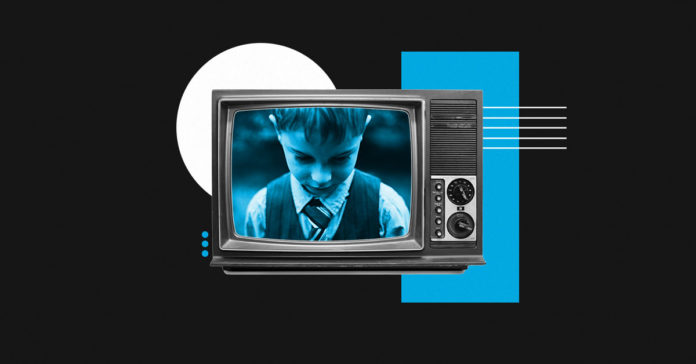Since the advent of schoolrooms and electronic screens, many of us never grow up. Too much of our precious trial and error period is wasted sitting in the dark. Being a mature being means living with a purpose, your own purpose: it’s about welcoming responsibility as the nourishment a big life needs; it’s about behaving as a good citizen – finding ways to add value to the community in which you live; it’s about wrestling with your weaknesses and developing heart, mind, and spirit – none of them properties of the spectator crowd.
Hitching the body and mind to screens reduces the attention span to quick takes arranged by strangers; it creates a craving for constant stimulation which reality can’t satisfy. Violence of one sort or another is the easiest way to still the gnawing hunger for stimulation that the undead feel. And that violence includes the violence of bizarre sex – the most important psychological product vended on the Internet. Russian émigré Pitirim Sorokin, founder of Harvard’s sociology department, identified cultures of violence, such as our own, with its insatiable craving for war, as late stages of civilizations in terminal decline.
RELATED: The New Generation of Youth
In all failing societies, respect for obligation and family declines along with compassion for one’s fellows – to be replaced by a preoccupation with amusement, diversion, and predation. Despite a carefully calculated propaganda barrage about steadily declining crime rates in recent years, we have four times the rate of violent crime in 1999 than we did in 1959. Four times the number of citizens in jail. These remarkable increases in crime immediately followed the penetration of television into our culture.
As deeply as we seemed mired in these anti-life addictions – being wedded to machinery – ending them is, physically at least, as simple as pulling the plug. Show a TV-addicted young person that life is more interesting than its television substitute and nature will do the rest in time – but the operant term is to “show”, not to “tell”. Many of my reservations about television apply to computer screens as well. How to avoid becoming an incompletely human extension of this technology while still enjoying its transcendental power to connect us in many new ways, independent of institutional intervention, is the greatest challenge of the 21st century.









